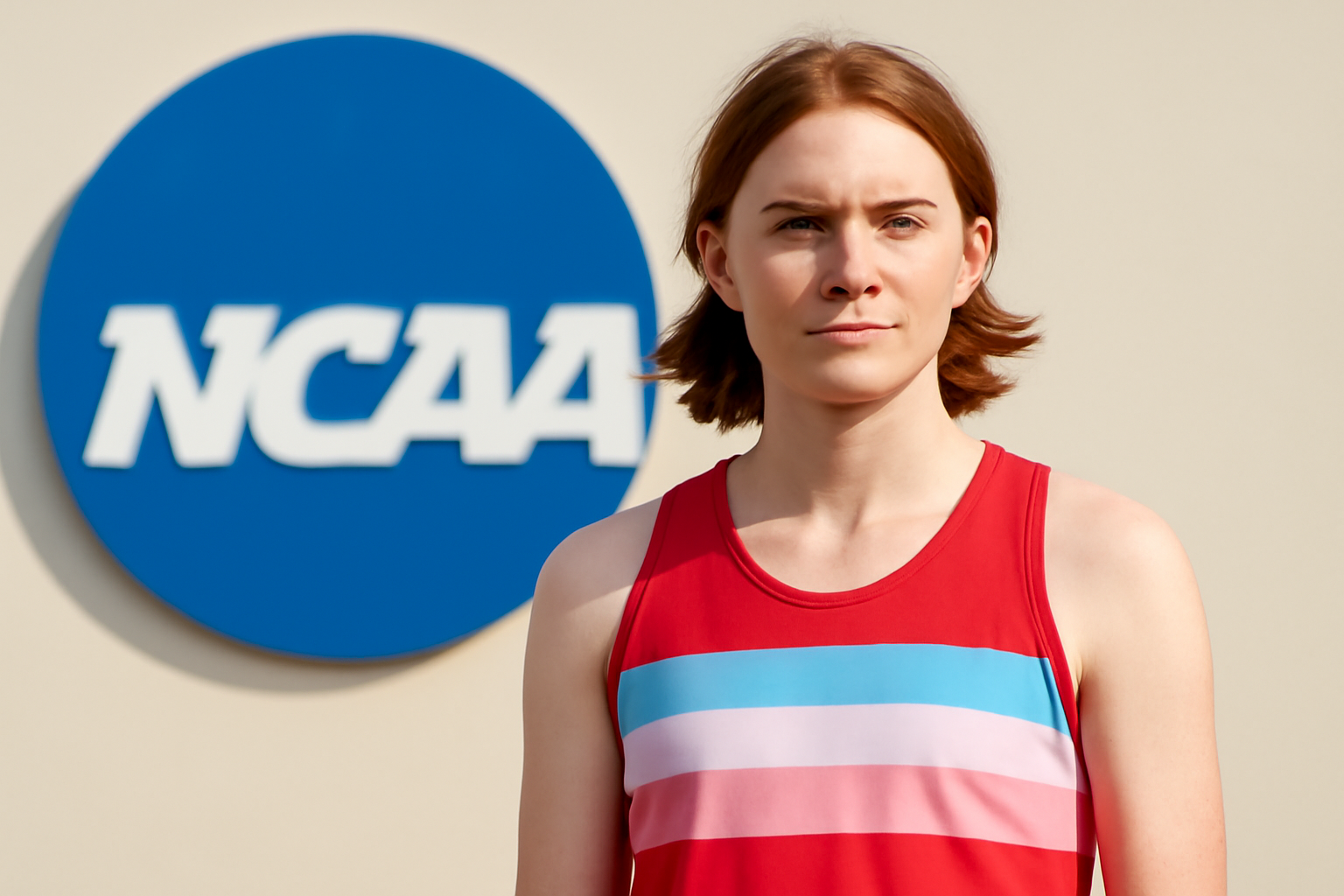
The National Collegiate Athletic Association (NCAA) has announced its compliance with a recent federal directive that restricts the participation of transgender athletes in sports events. This decision has sparked significant controversy and debate across the country, as it impacts the inclusion of transgender athletes in collegiate sports.
Background of the Directive
Recently, a federal mandate was issued, directing educational institutions to enforce policies that limit the participation of transgender athletes based on their gender assigned at birth. This directive has been a point of contention, with advocates arguing that it discriminates against transgender individuals by denying them fair and equal opportunity to compete in sports.
The order comes in the wake of ongoing national debates surrounding the inclusion of transgender athletes in sports. Proponents of the directive claim it aims to ensure fairness in women's sports, while opponents argue that it undermines the rights and identities of transgender athletes.
The NCAA's Response
Initially, the NCAA had expressed strong support for the inclusion of transgender athletes, aligning with its stated commitment to diversity, equity, and inclusion. However, under pressure to comply with the federal directive, the organization has announced that it will be implementing the new policies across its member institutions.
"We are committed to ensuring that our policies align with federal law," said an NCAA spokesperson. "While we continue to support the inclusion of all athletes, we must adhere to this directive as part of our compliance obligations."
Impact on Transgender Athletes
The decision has profound implications for transgender athletes who have been competing in sports that align with their gender identity. Many athletes have expressed disappointment and concern over the ruling, stating that it could force them to choose between their identity and their passion for sports.
Advocates for transgender rights have voiced strong opposition to the NCAA's decision, calling for greater support and protection for transgender athletes. "This is a setback for the rights of transgender athletes," said one advocate. "We need to continue fighting for policies that are inclusive and affirming."
Reactions from the Community
The NCAA's announcement has led to a variety of reactions from athletes, coaches, and advocacy groups. Some have expressed support for the decision, emphasizing the importance of maintaining competitive fairness. However, others have criticized it as a step backwards in the fight for equal rights and inclusion.
"Sports should be a space where everyone feels welcome and supported," said a collegiate athlete. "This decision makes it clear that we still have a long way to go in achieving true equality."
Looking Ahead
As the debate continues, many are calling for a reconsideration of the directive and for policies that better reflect the values of inclusion and equality in sports. Some colleges and athletic programs have pledged to explore ways to support their transgender athletes in spite of the new regulations.
The future remains uncertain, but the conversation about the inclusion of transgender athletes is far from over. As organizations and individuals continue to advocate for change, the hope is that sports can become a more welcoming and affirming environment for all athletes, regardless of their gender identity.
In the meantime, the NCAA's decision serves as a reminder of the challenges that remain in balancing compliance with federal law and the commitment to fostering an inclusive environment in collegiate sports.
The impact of this policy will likely be felt for years to come, as athletes, advocates, and organizations continue to navigate the complex landscape of sports and gender identity.
Related Posts
Jacob Elordi Shines in a Queer Love Story "On Swift Horses"
Jacob Elordi's latest film, "On Swift Horses," might leave you guessing at first, but at heart, it's a deeply moving queer love story. It's an adaptation from Shannon Pufahl's novel, brought vividly alive by director Daniel Minahan and writer Bryce Kass, weaving together themes that explore love, identity, and self-discovery on many levels. Love unfolds in 1950s America Step back in time with "O [...]
Creating New Models for LGBTQ+ Parenting: Embracing Community and Visibility
Empowering parenthood: envisioning a truly inclusive future "I'm all in when it comes down helping people realize their dreams about becoming parents," says Marea Goodman. She's not just a midwife; she's an author and founder who built Pregnant Together, an inclusive community with a heart. Goodman passionately believes that everyone, no matter who they are, deserves a shot at parenting. With tw [...]
Study Reveals Satisfaction Parity in Monogamous and Non-Monogamous Relationships
Rethinking relationship satisfaction: monogamy or not? There's a fascinating study from *The Journal Of Sex Research* that's turning some heads regarding relationship satisfaction. It's called "Countering The Monogamy-Superiority Myth," and it dives deep, challenging long-held beliefs about whether monogamous or non-monogamous relationships are more satisfying. Spoiler alert: it's not as clear-cu [...]